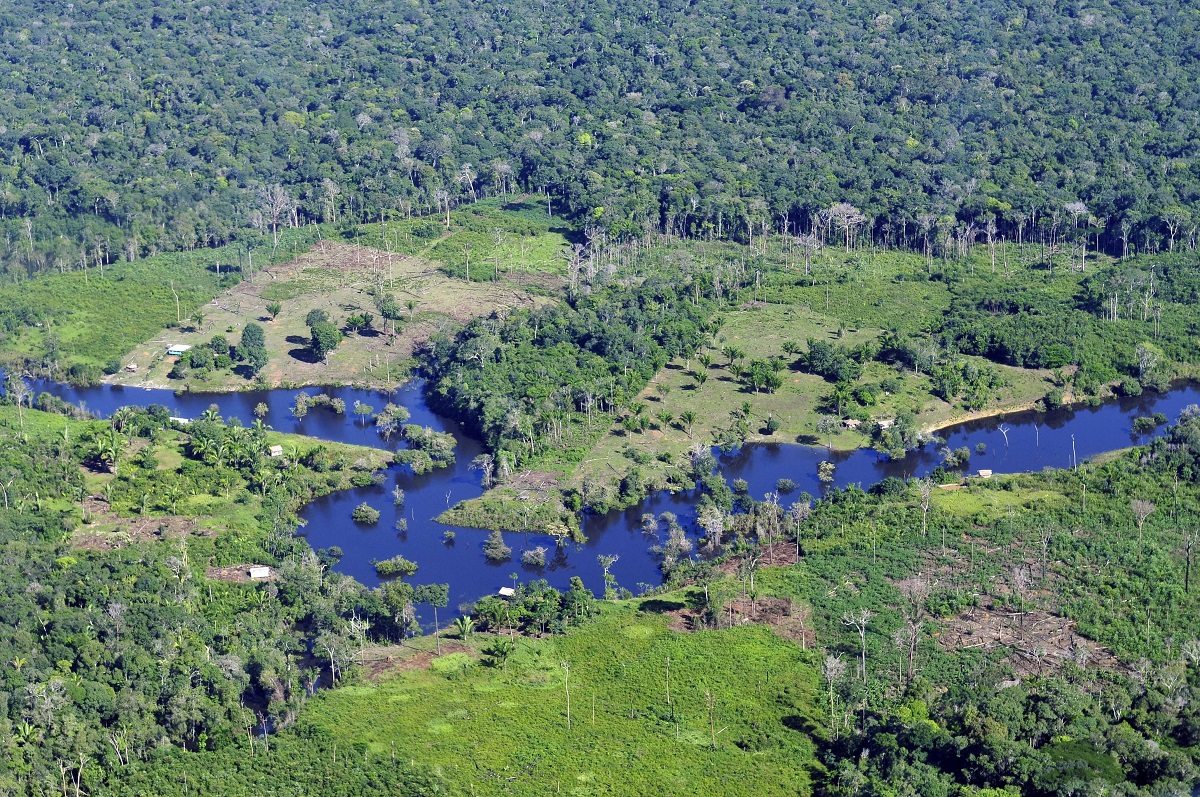
Who ‘holds’ the land? Land tenure refers to “the terms under which land and natural resources are held by individuals, households or social groups”. When we are sure of who holds the land where we live, or farm, and we are sure of the conditions of this tenure – we can feel secure in investing in this land, in such a way as to deal with our changing climate.
As such, land tenure is a key issue for both mitigation of climate change and adaptation to climate change. Estimates vary but up to 65% of the world’s total land area may be managed under local, customary or communal tenure systems, with varying levels of security for those who live on and work the land. Previously viewed as ‘backward’ by some authorities, these informal systems may be perfectly adequate in providing tenure security. It is therefore imperative that governments and those funding climate action understand these systems, without preconceptions, and understand whether and how they should be governed, regulated or modified, for the overall sustainability of land-users’ livelihoods, and to increase the likelihood of effective climate change adaptation and mitigation. The understanding of these issues will vary greatly depending on whether we are discussing land tenure in forests, rangelands, areas of smallholder crop cultivation, or poor and informal urban settlements.
NRI’s Professor John Morton and Professor Julian Quan, with other colleagues, reviewed over 70 items of literature on the state-of-the-art understanding of land tenure and sustainable development, on the implications for climate vulnerability and adaptation, the implications for climate change mitigation, and what climate change itself would mean for land tenure and land policy. This was undertaken as part of their work on the IPCC’s Special Report on Climate Change and Land, for the chapter entitled “Risk Management and Decision-Making in Relation to Sustainable Development”.
A summary of the findings on these complex and many-faceted questions was published as Table 7.7 within the chapter and is also available here. The most important messages are:
- that land policies can provide both security and flexibility in the face of climate change. Tenure systems need to be adaptive in the face of climate change (e.g. to accommodate climate refugees, to promote more intensive and sustainable land use, to structure incentives for mitigation activities such as forest conservation, and to provide clear procedures for resolving land use conflicts that arise. This could be done through a diversity of approaches, including: recognition of customary tenure, community mapping, redistribution, decentralisation, co-management, regulation of rental markets, strengthening the negotiating position of the poor
- that land policy can be climate-proofed and integrated with national policies such as National Adaptation Plans (NAPs) and Nationally Determined Contributions (NDCs)
- and that land administration systems should be able to integrate information on tenure status with information on natural resource conservation status, climate risks, and potentials for mitigation, to foster synergies between tenure security and climate action.
Overall, clarification and protection of legitimate land rights will be critical in rolling out nature-based and community-based solutions to climate change impacts and problems, and to ensuring that the impacts of investment in sustainable agriculture, forest protection, renewable energy production, biodiversity and landscape restoration are experienced equitably.
Read the other articles in our COP26 series here.
Reference:
Hurlbert, M., J. Krishnaswamy, et al. (2019) Risk Management and Decision making in Relation to Sustainable Development. In P.R. Shukla, J. Skea et al. (eds.) Climate Change and Land: an IPCC special report on climate change, desertification, land degradation, sustainable land management, food security, and greenhouse gas fluxes in terrestrial ecosystems. Intergovernmental Panel on Climate Change. https://www.ipcc.ch/site/assets/uploads/sites/4/2021/02/10_Chapter-7_V2.pdf . Section 7.6.5 on land tenure can be found on pp.749-753 and Table 7.7 on pp. 751-752.

